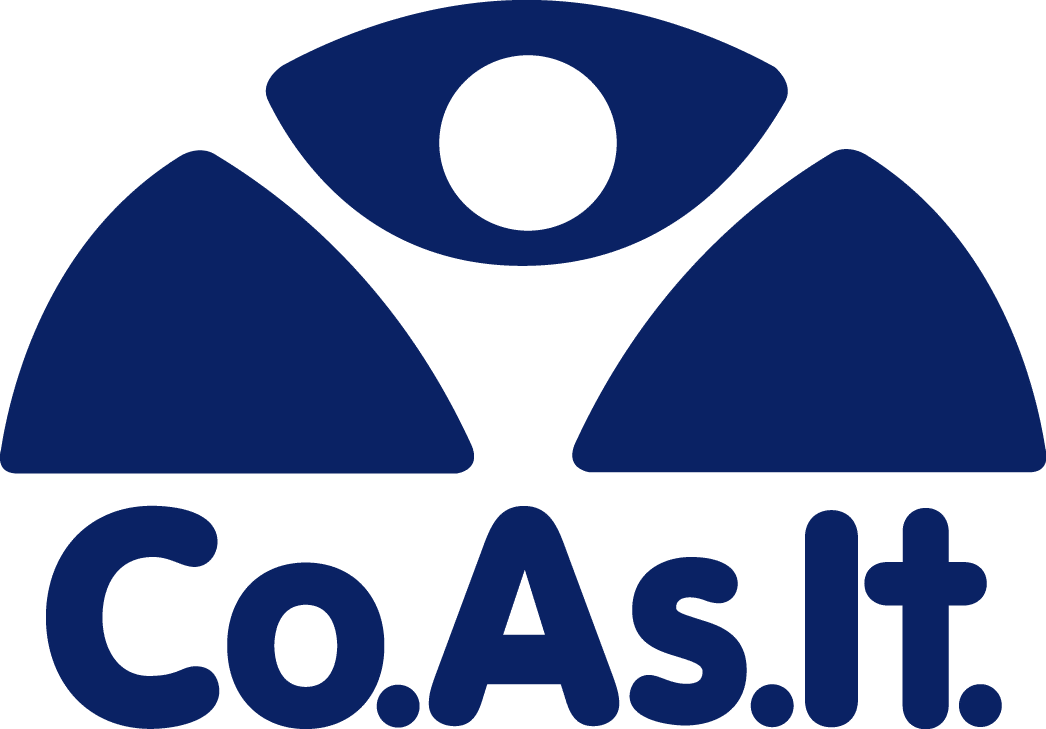The Beginning
Co.As.It. (Comitato Assistenza Italiani) was established in Sydney by the Italian Consul General of the time, Dott. Guido Natali during a meeting held on 28 May 1968 at the premises of the Scalabrinian Fathers, 80 Albion Street, Surry Hills. The function of Co.As.It. was to “coordinate, promote and develop the various activities of assistance for the Italian immigrants in NSW, in the social, legal, cultural, professional, educational and recreational fields”.
The Co.As.It. structures were established by the Italian Government acting on its obligations to provide assistance and support for the millions of post World War II migrants who had settled in many different countries around the globe.
While the formal structure was an initiative of the Italian Government it was not in itself the first structure providing services and caring for the Italian community. The reality in the early years of Italian immigration to Australia was a dynamic community, which took upon itself to meet the needs of the increasing waves of new immigrants from Italy.
These community organisations and structures had developed not only in Sydney but also in other centres in which Italian immigrants settled. The two most prominent of these were the Italo-Australian Welfare Association (IAWA), and the Associazione Cattolica San Francesco.
The establishment of Co.As.It. provided a valuable structure for the continuing provision of support to immigrants. The main welfare structure IAWA, known also as Centro di Assistenza Italiana, which had been operating since the 1950s decided to transfer both its function and assets to this new structure. This process acted to legitimise the role and function of Co.As.It. as the main welfare and education service provider to the community.
The same process of change was also true for the Italian language teaching. During the 1960’s a number of Saturday Italian classes also existed in Sydney. They had been started independently by Italian religious orders such as the Capuchins and Scalabrinians and by individuals to preserve the Italian language among the children of Italian migrants. The pioneers of these classes were people such as Antonio Picone, in the Annandale area, Antonio Caputo in the Brookvale area, Felice Zadro in the Fairfield area, Alessandro Adorni Braccesi in the Illawarra area, Osvaldo Aliberti from the Blacktown area, Padre Atanasio from the Leichhardt area and Prof. Asher from the Inner City.
By 1968, when Co.As.It. started its activities, Italian was taught to about a thousand Italian children in different suburbs in Sydney.
As with the IAWA, the many co-ordinators of the Saturday Italian Classes saw it proper to entrust their work, the teaching of Italian to Co.As.It. By 1971, the Italian Government committed itself to contribute funding towards the preservation of the Italian language and culture among the children of migrants. As soon as it started, therefore, Co.As.It. had already quite definitive activities to carry out.
On the 13 August 1968, the minutes of the first meeting listed the following names: Honorary President: Dott. Guido Natali, Italian Consul General; President: Gastone Beghe’; Secretary: G. Marcelli; Treasurer: S. Sini; Councillors: Rev. Atanasio Gonelli; J. Calabro’; E. Clagnan; Avv. A. Di Stefano; Comm. G. Giuffre’; Rev. Nevio Capra.
The creation of Co.As.It. by the Italian Government offered two important advantages. Firstly, it provided the Italian community with an organization, which could be officially recognized by the Australian Government and secondly, by creating the various Co.As.It’s around the world, the Italian Government also had committed itself to fund such Committees.
The assurance of funding from the Italian Government allowed Co.As.It. to programme its activities on a regular basis. The Australian Government could officially recognize Co.As.It. This made it possible for the organization to apply for Government grants made available to ethnic and welfare organizations and to administer them properly. In fact, Co.As.It. was able to secure Grant-in-aid funds for two welfare workers immediately in 1968.


